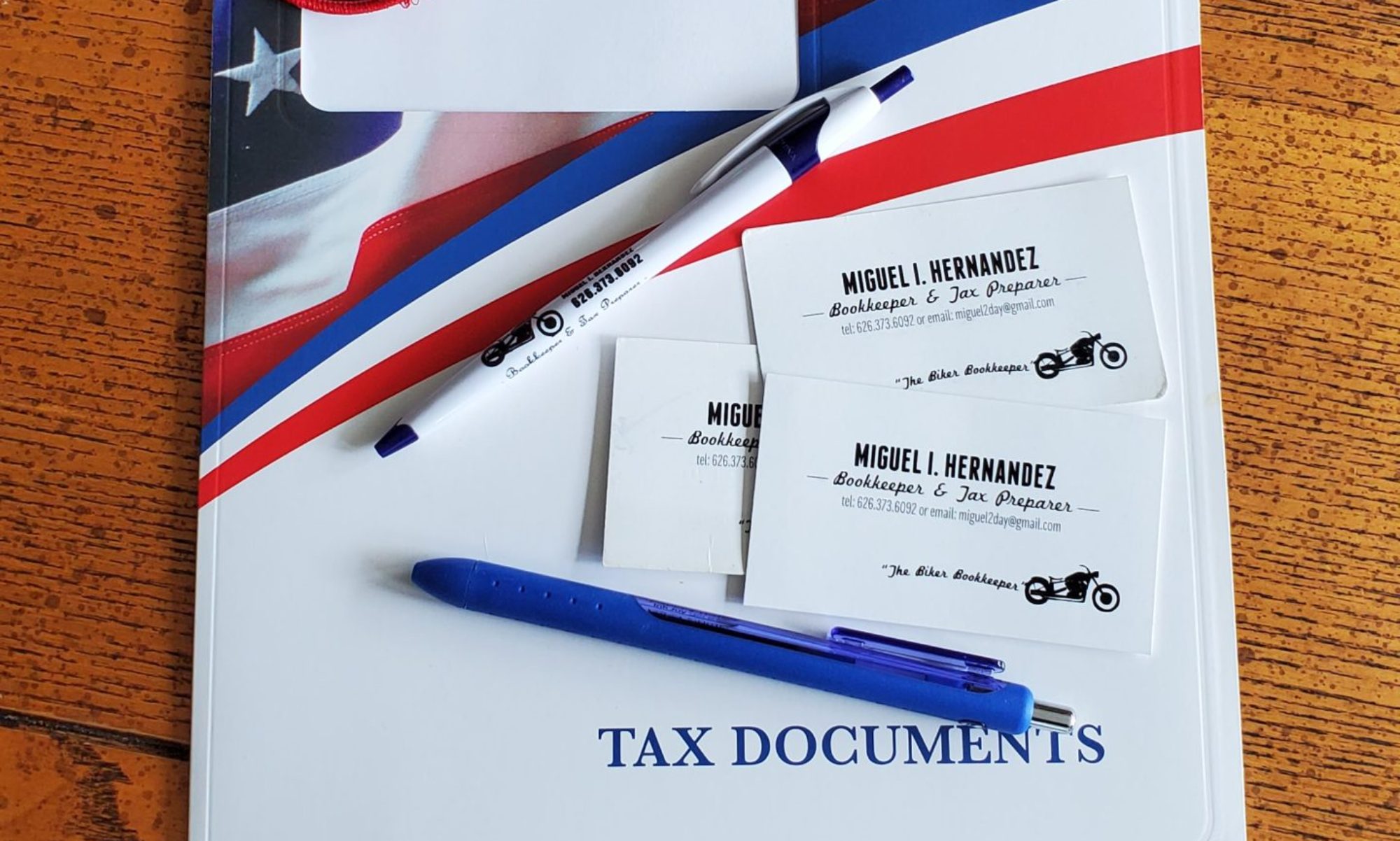When a business purchases inventory to resell, they can do so without paying sales tax. In order to do so, the retailer will need to provide a California Resale Certificate to their vendor.
What is a Resale Certificate?
When retailers purchase products to resell, they often don’t pay sales tax on the purchase. Instead of the retailer paying sales tax, the retailer charges sales tax to their customer on the final value of the merchandise. The collected sales tax is then sent by the retailer to the Department of Tax & Fee Administration.
For example, when a vitamin store purchases nutritional vitamins to sell in their gym, by having a resale certificate, the gym owner won’t pay sales tax on the transaction. When a client purchases the health vitamins, the retailer will charge sales tax to the client based on the full price of the purchase. The retailer will collect the sales tax from all their transactions and periodically (typically at the end of the quarter) send the sales tax to the California state.
The Resale Certificate is the seller’s evidence why sales tax was not collected on a transaction. Similar names for a Resale Certificate include Reseller Number, Seller’s Permit, Exemption Certificate or Reseller’s License. In order to prove a buyer intends to resell the product, they must provide a valid resale certificate to the seller of the goods.
*Resale certificates are ONLY to be used for inventory that will be resold. It is not for tax-free purchase of items used in normal business operations such as paper, pens, etc.
Getting Started
Before a business starts selling products or providing taxable services, they must first get a California Seller’s Permit from the California Department of Tax & Fee Administration. The Seller’s Permit is sometimes referred to as a Sales Tax Permit, Sales Tax Number, or Sales Tax License.
The Sales Tax Permit and Resale Certificate are commonly thought of as the same thing but they are actually two separate documents. The Sales Tax Permit allows a business to sell and collect sales tax from taxable products and services in the state, while the Resale Certificate allows the retailer to make tax-exempt purchases for products they intend to resell.
After registering, a sales tax number will be provided by the Department of Tax & Fee Administration. This number will be listed on the Resale Certificate.
A resale certificate can be generated by the buyer or seller provided their certificate contains the required information. To make things easier, the Department of Tax & Fee Administration has a Resale Certificate (BOE-230) that is available for download to document tax-free transactions.
Resale Certificate Fillable Form

How to fill out the California Resale Certificate – Form BOE-230
Filling out the BOE-230 is pretty straightforward, but is critical for the seller to gather all the information.
The California Department of Tax & Fee Administration requires the seller to have a correctly filled out BOE-230 Resale Certificate. If filled out incorrectly, the seller/supplier could end up owing sales taxes that should have been collected from the buyer in addition to penalties and interest.
Steps for filling out the BOE-230 California Resale Certificate
Step 1 – Download the California Resale Certificate Form BOE-230
Step 2 – Enter the seller’s sales tax permit number
Step 3 – Describe the business activities of the seller
Step 4 – Enter the business name of the seller
Step 5 – Describe the property being purchased for resale. Be sure not to be generic and described by either by an itemized list or by a general description.
Step 6 – Enter the name, signature title, address and phone number of the purchaser
The resale certificate is kept on file by the seller and is not filed with the state.
Does a California Resale Certificate Expire?
A resale certificate in California is valid until it is revoked in writing by the seller, unless the certificate was issued for a specific transaction, which is generally good for up to one year.
Providing a Seller with a Resale Certificate
If the seller/supplier doesn’t accept the certificate, the buyer will have to pay sales tax on the merchandise being purchased. In most cases, they will be able to get a credit for the sales taxes paid later on their sales tax filing.
CALIFORNIA:
It the seller is out-of-state, California is one of a few states that don’t recognize out-of-state resale certificates. In order to purchase tax-free from vendors in other states, the buyer will have to register for a sales tax permit in the seller’s state.
Accepting a Resale Certificate
When a business is presented with a resale certificate, it is the seller’s responsibility to verify the buyer’s information is correct and maintain records to demonstrate the seller’s due diligence. Failing to verify this information may put the liability of paying California sales taxes on the seller. It’s also important to note that a seller could end up with a misdemeanor charge if they issue a resale certificate in order to avoid collecting sales tax from a buyer. This charge can come with a fine of $1,000 to $5,000 and/or imprisonment for up to one year.
Before accepting a resale certificate, a seller should:
- Review the resale certificate to make sure it is completely filled out.
- Verify the purchaser’s sales tax permit. Visit California Department of Tax and Fee Administration’s to verify or call (888) 225-5263.
- Verify that the goods sold match the description with the purchaser’s line of business. i.e. a office furniture store that is looking to buy office supplies tax-free will not be acceptable.
- Keep a copy and file of the resale certificate

